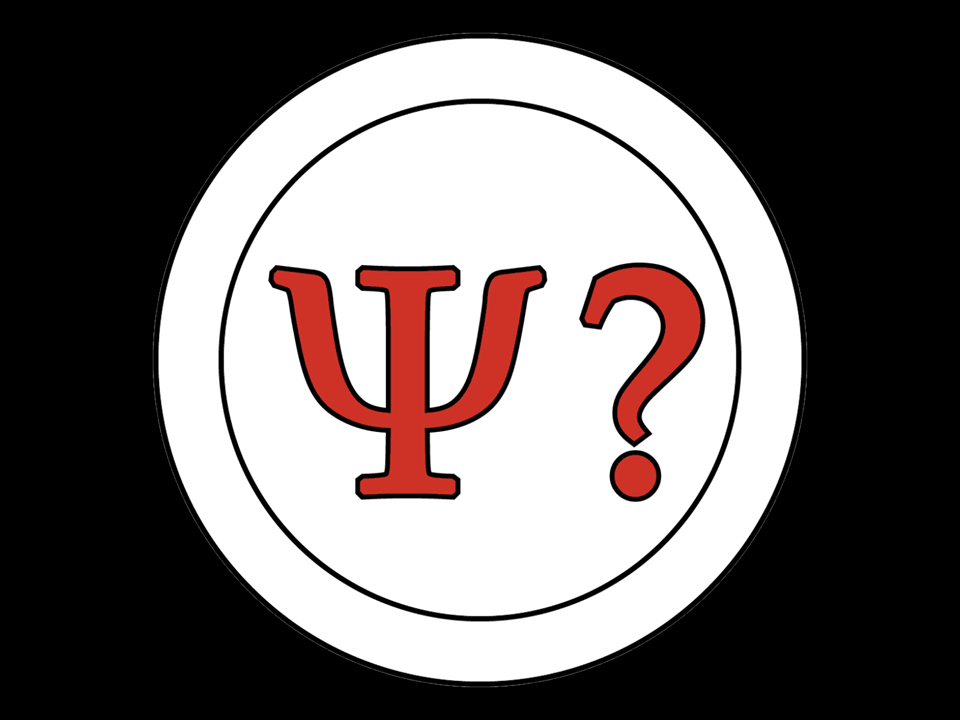What is psychology? Is it a science that attempts to describe and explain animal and human behavior? Is it a profession that is structured to enhance human well-being? According to the latest special issue of the American Psychologist, the flagship journal of the American Psychological Association, the institution of psychology today is part of a colonial expression of White supremacy that has left a legacy of racism and oppression in its wake.*
The special issue, Dismantling Racism in Psychology and Beyond, documents the evils perpetrated by the institution of psychology over the years. It proclaims that “to successfully combat systemic racism, psychology must incorporate theories and methods that actively engage in antiracism strategies” (p. 479).
To help transform the discipline going forward, the lead article in the special issue embraces a “liberation psychology.” This approach affords a “pedagogy of the oppressed, philosophy of liberation, liberation theology, and decoloniality.” Liberation psychology is not only focused on helping the oppressed. According to the lead article, it will also “transform” the oppressor. It will achieve this via “the development of a critical consciousness to recognize social–political contexts, leading to a new perception and understanding of people’s reality.”
To understand how the APA is working to shape our understanding of reality, we can consider how it now tells us what racism really is. As I explain in this blog, there are a number of different possible definitions of racism, with two of the most obvious being beliefs about race that are used to denigrate a group, and systems that are structured to channel the flow of resources based on race. The former are racist beliefs, which can be framed as explicit racism, and the latter is often called systemic racism and is more implicit and operates at a higher level of analysis (e.g., housing policy).
The APA has decided that the only real racism is systemic; and it has made this true by definition. As is noted in the APA Resolution on Harnessing Psychology to Combat Racism: Adopting a Uniform Definition and Understanding, the APA defines racism as “a system of structuring opportunity and assigning value based on phenotypic properties (e.g., skin color and hair texture associated with “race” in the U.S.)” It goes on to explain why only White people can be racist. (Note people of color can be biased or prejudiced, but they cannot be racist, because racism only exists in the colonial system).
One of the major claims of the lead article is that the authors are in a privileged place to define what is meant by science. They inform us that what has traditionally been called “good science” is an epistemology developed by White supremacists from a colonizing Europe. No longer. They understand how to bring a multiplicity of epistemologies together so that no one is marginalized (except, perhaps, for the old white positivists). They go on to inform us that from this enlightened perspective of many different voices, we will all be able to see the truth much more clearly.
Another area that this group of psychologists is here to inform us about is the racist literature on the relationship between ethnicity and intelligence. Moral people know that there can’t be any differences in human intelligence other than those imposed by racism. To suggest otherwise is, according to the article, “pseudoscientific.”
Unfortunately, these psychologists left untouched one of the more vexing findings in this area of research. This is the oft-repeated finding individuals from East Asian descent do better, on average, on intelligence tests than people of Caucasian descent. This is a confusing piece of data, given that the real explanation for all ethnic differences, as every good scientist already knows, is that the oppressor dominates the oppressed, and structures reality in a way to ensure almost total control. Thus, it is a bit of a head scratcher that the White supremacists ended up generating a test where White people did worse than people from a minority ethnic group. I was unclear how these scientists made sense of this fact, but they did not mention it.
As I think about it, perhaps I should apologize for even raising this issue. A fact like this might complicate the clear, good, and true antiracist narrative that moral psychologists must be committed to at all times. If we start to consider points like this one, the world starts to become complicated in a problematic way. This means that one might start entertaining ideas that are not antiracist. Of course, this would mean one would start to become a racist.
___________________________________________________________
Although I was an APA Fellow in the past, I have resigned my membership from the American Psychological Association. I cannot align with either its vision of “science” or its vision of antiracist activism, and I especially reject the way the organization ideologically blends the two, as if there was no conflict or tension between them.
First, regarding the APA’s conception of science, I think the organization is profoundly confused about how the science of psychology should be defined. Consider, for example, how the APA defines psychology:
Psychology is the study of the mind and behavior. The discipline embraces all aspects of the human experience — from the functions of the brain to the actions of nations, from child development to care for the aged. In every conceivable setting from scientific research centers to mental healthcare services, “the understanding of behavior” is the enterprise of psychologists.
According to the APA, then, psychology is: (a) the study (not science?) of mind and behavior; (b) it embraces all aspects of the human experience; and (c) is about “the understanding of behavior” (is mind included here?).
This is incoherent nonsense. Physics is about “the understanding of behavior” of energy and material objects. Biology is about understanding the behavior of living objects. Thus, to claim psychology is about “the understanding of behavior” is blatantly wrong. To say it “embraces all aspects of the human experience” is unclear to the point of being meaningless, other than it seems to exclude other animals, which is highly problematic (e.g., doesn’t psychology care about animal behavior?). And to say psychology is the “study of mind and behavior” without clarifying either what is meant by “study” (as opposed to science), or what is meant by mind as opposed to behavior is completely ambiguous.
UTOK, the Unified Theory of Knowledge, is situated in exactly the problem that the APA blatantly overlooks. The problem of psychology, which has been documented since 1899, is the fact that the field lacks a clear, coherent identity. The bottom line is that the field is profoundly confused about both its epistemology and its ontology. With its so-called “definition of psychology,” the APA demonstrates this confusion for all to see. The fact that it adopts a “head in the sand” approach to the problem of psychology, and uses a definition that amounts to word salad is one of the reasons I have resigned from the APA.
 UTOK’s Icon for the Problem of Psychology
UTOK’s Icon for the Problem of PsychologyBut, as the above essay makes clear, this is not the only problem. The most recent special issue of the American Psychologist demonstrates beyond any doubt that the APA has now fully embraced what I call Woke 2.0. Woke 2.0 is a moralizing ideology that sees everything through the lens of oppressed-oppressor dynamics.
As suggested by the “2.0,” the most recent version of Woke is a twisted variant of an earlier position. As I describe it in this blog, Woke 1.0 refers to the process of becoming awake to systematic injustices and participating in a world in a way to help make up for those injustices and being oriented toward a world where we maximize dignity and well-being for all.
I became a psychologist because, when I entered the discipline, both the science and profession of psychology largely embraced these values. I happily consider myself as someone who subscribes to Woke 1.0, and I think as a profession and a science, psychology was reasonably well-placed on these issues twenty years ago.
Woke 2.0 is a completely different mindset. It is not about striving for racial justice in the context of a multitude of different values and perspectives. Nor is it about science. It is completely misleading and disingenuous that the authors in the special issue cling to the language of science when it is blatantly obvious that everything is being run through a predetermined ideological, antiracist lens.
Instead of being scientific, Woke 2.0 is a religion. Just pay attention to how the entire argument is situated. The authors already know the truth and already know what is just and already know what we should do about it. They have fully embraced a simplistic, antiracist ideology and activist mindset that says you either do everything you can to combat racial inequities because you know they come from systematic injustices, or you are a racist. Full stop.
As someone who embraces Woke 1.0, I find many of the goals and aspirations toward racial justice admirable. However, the road to hell is paved with good intentions. I can hardly think of a faster way to get to hell than an association advertising itself as a science, when it really is a religious ideology and activist organization that already knows what is true and good.
In sum, I have resigned from the APA because I cannot be part of an organization that is profoundly confused about its core identity as a science, then proceeds to deny this confusion, and then adopts a blatantly activist stance and justifies it in the name of science.
______________________________________________________________
*As anyone who has even a limited understanding of psychology should know, there have, of course, been many racist psychologists in history, and the institution has absolutely contributed historically to biases against people of color. This is not news. And it is true for every discipline that has existed prior to the 1950s because, as is well-known, our society was massively racist and the echoes of that remain. What is at issue here is not the racist past of psychology, but what psychology is currently (e.g., I do not see it as a racist institution in 2024), and what it should be going forward, both as a science and a profession.


If you like what we are doing, please support us in any way that you can.